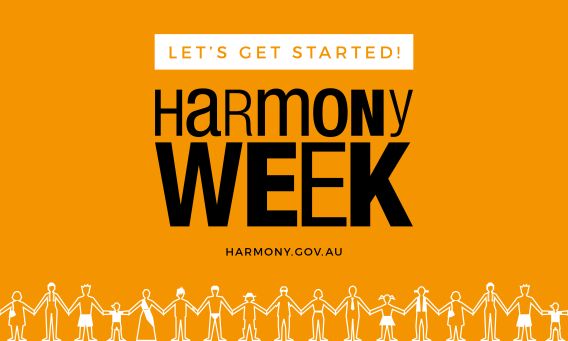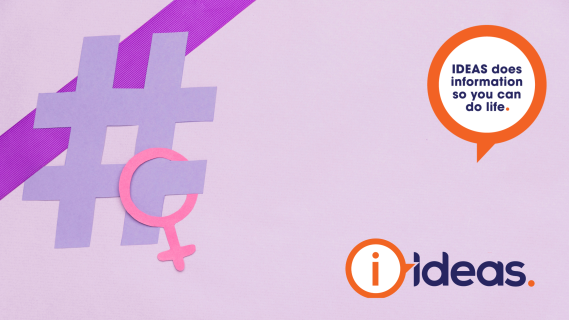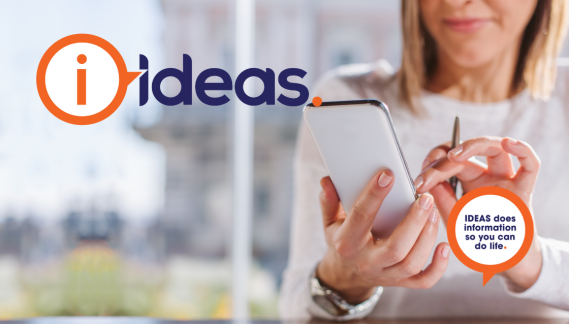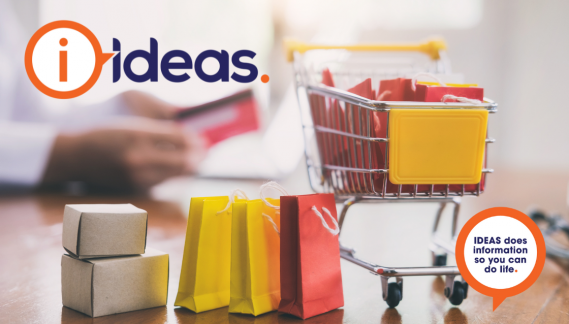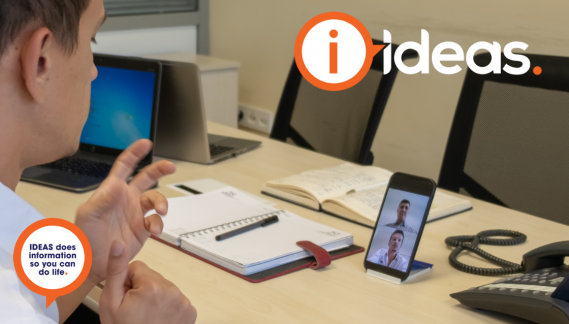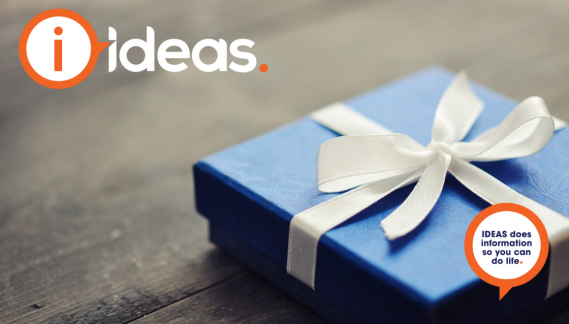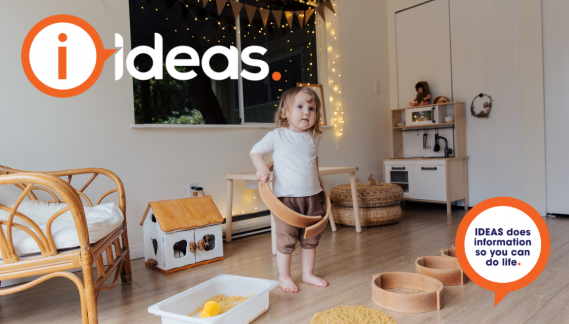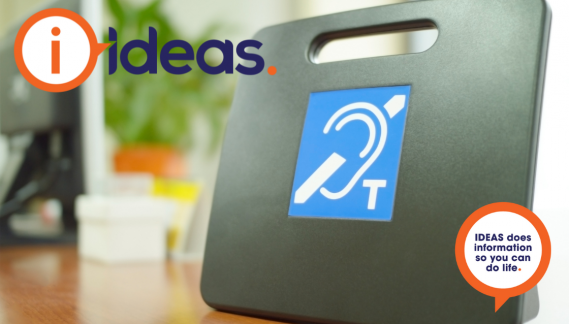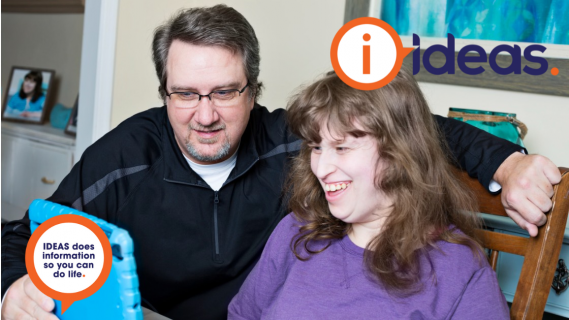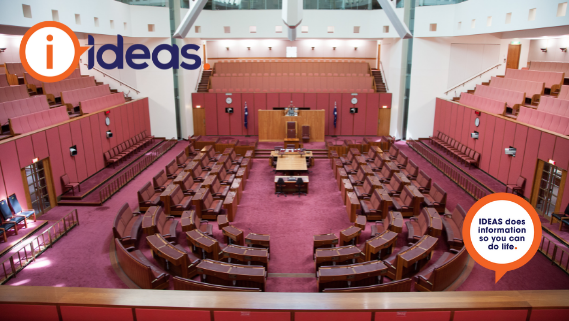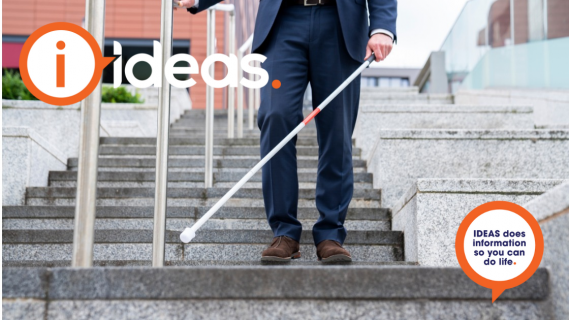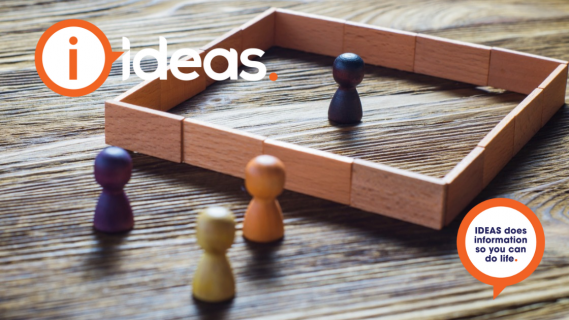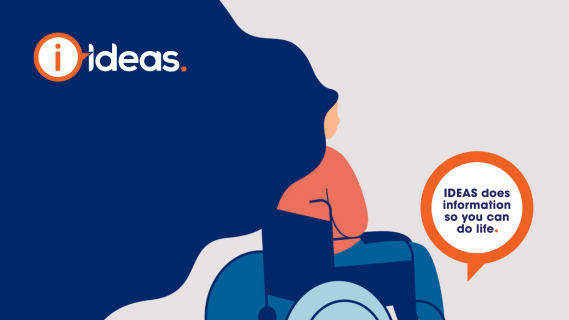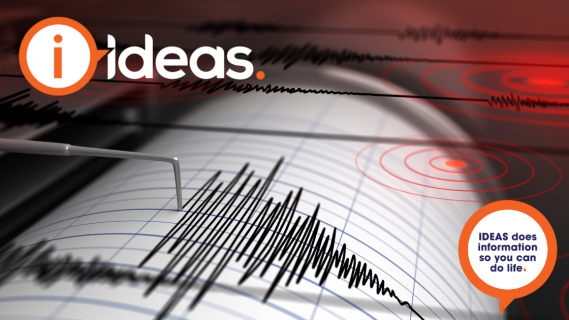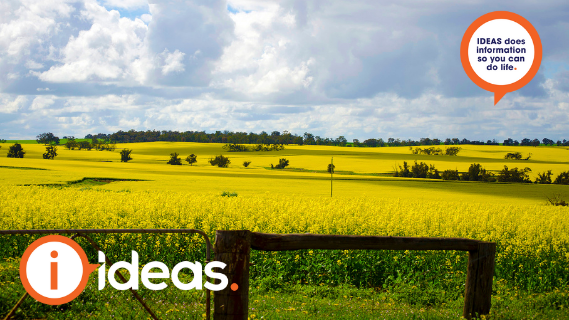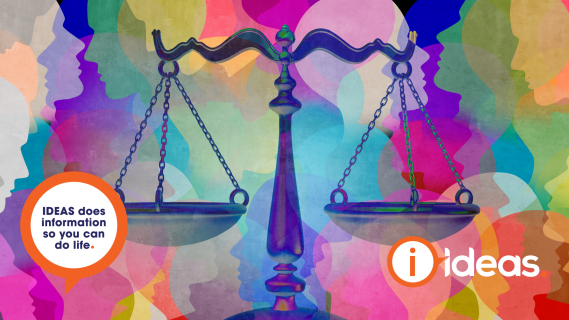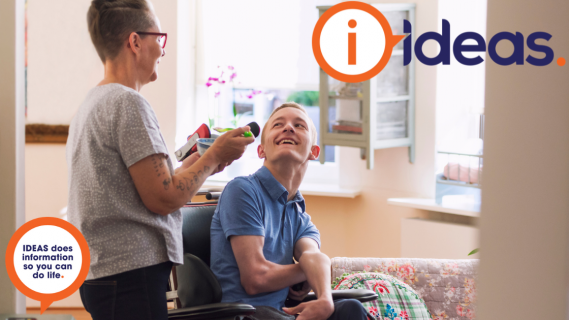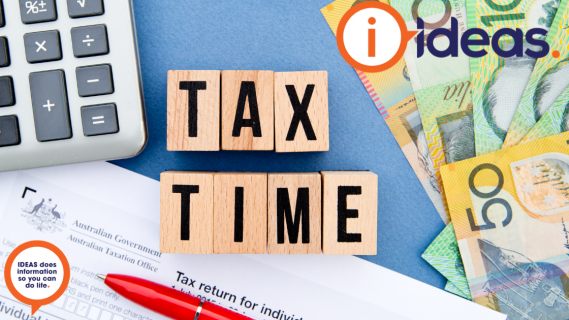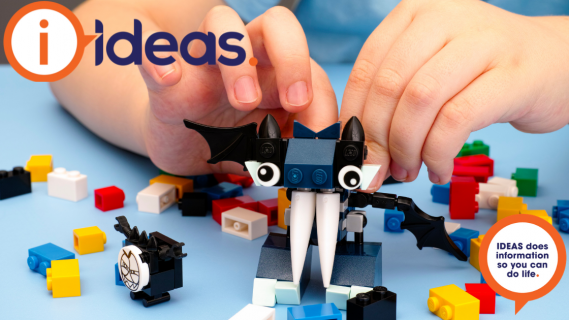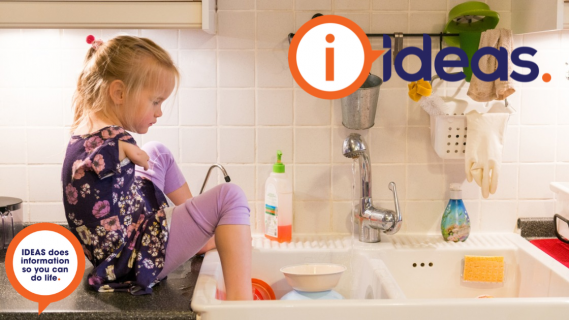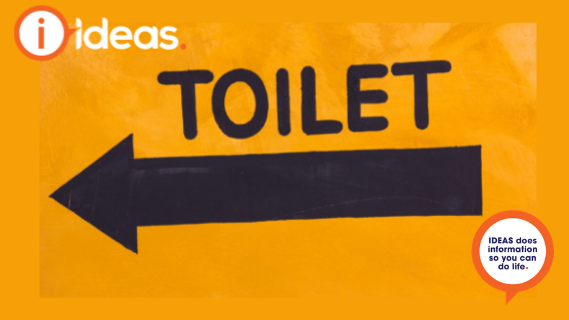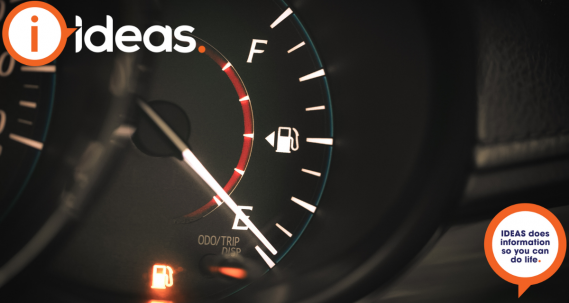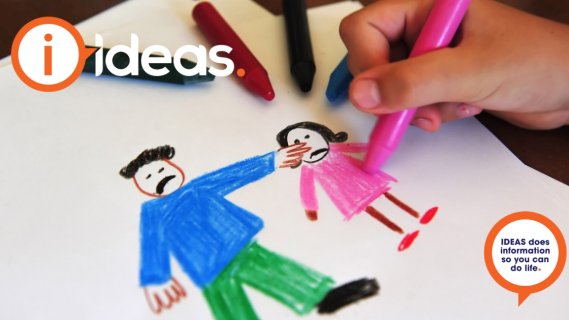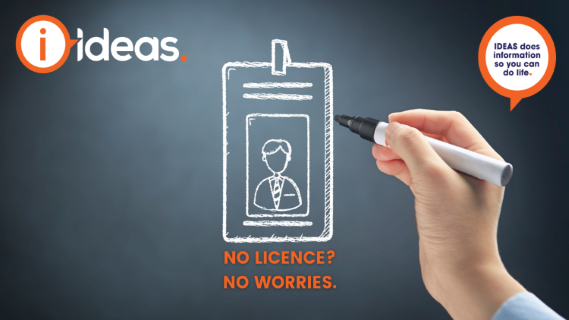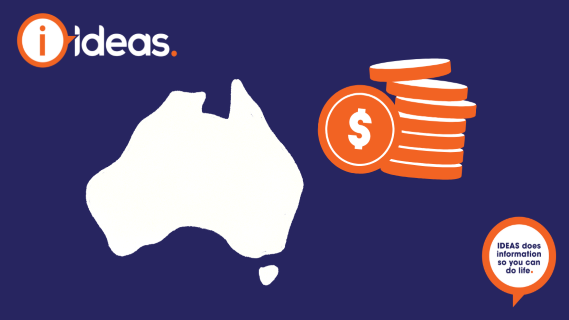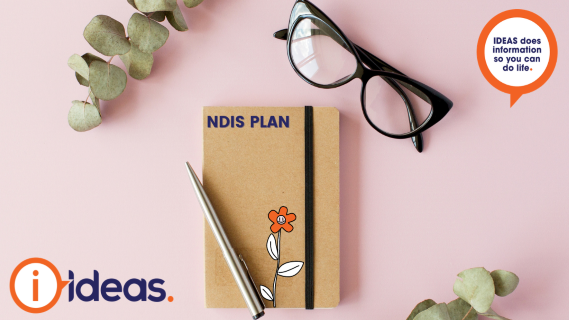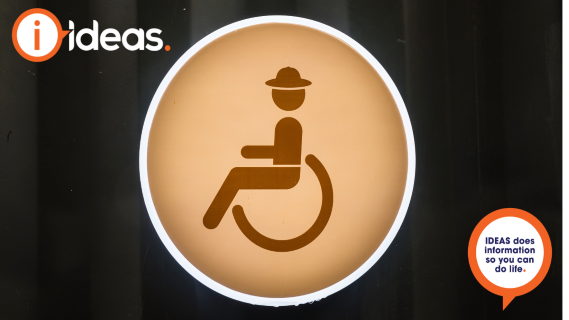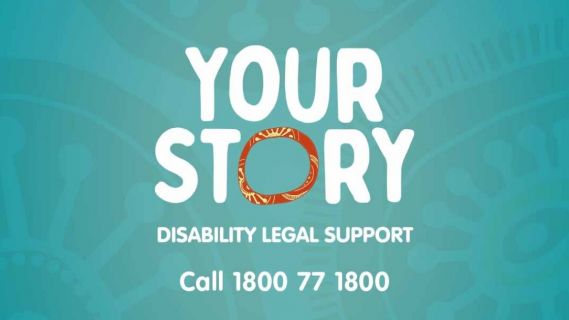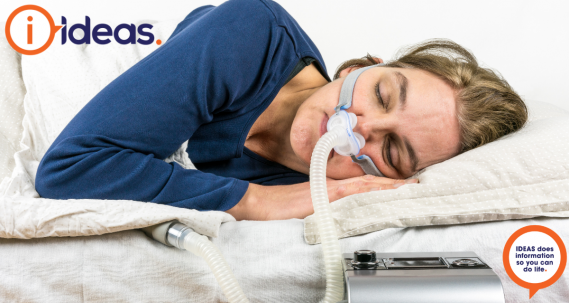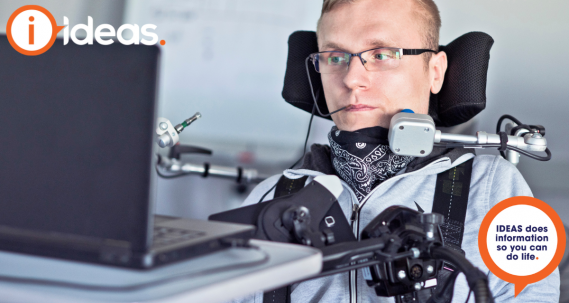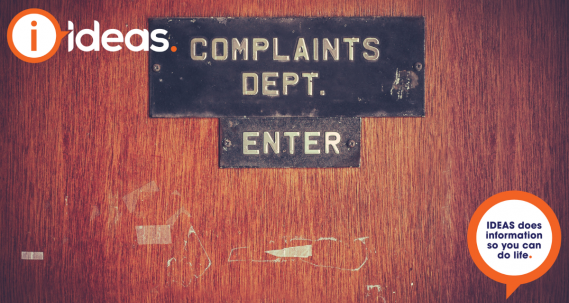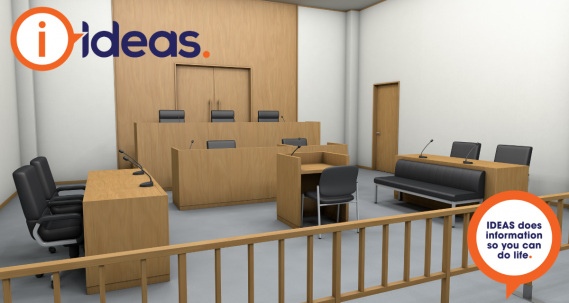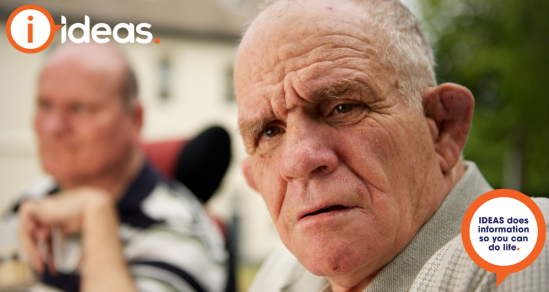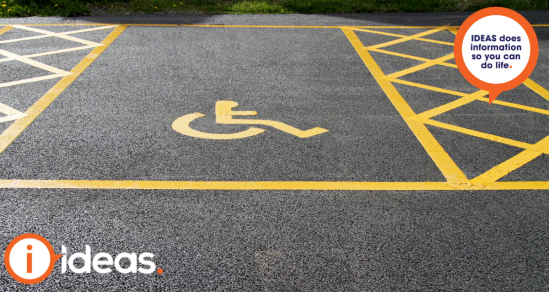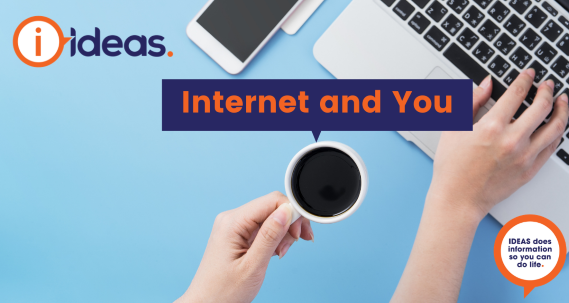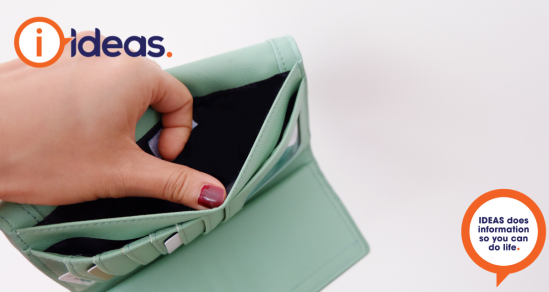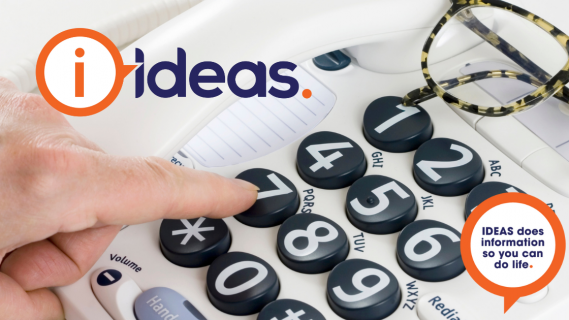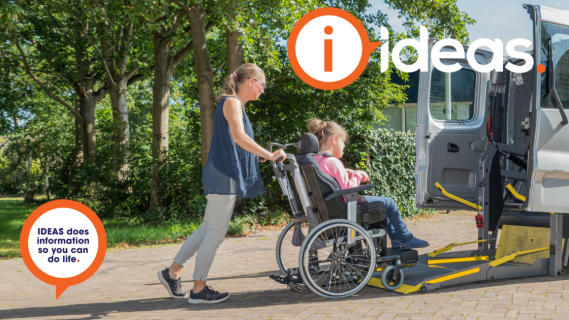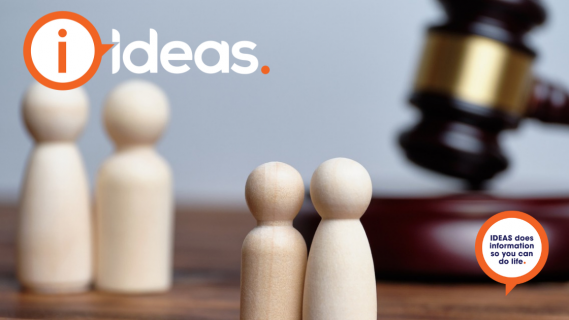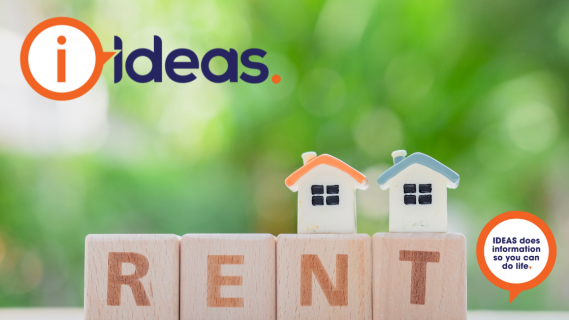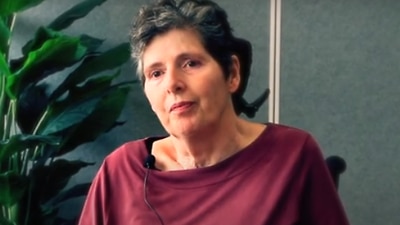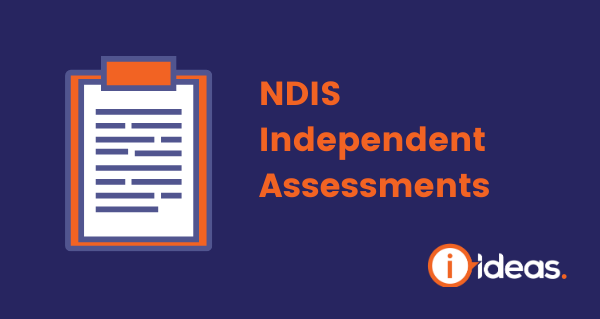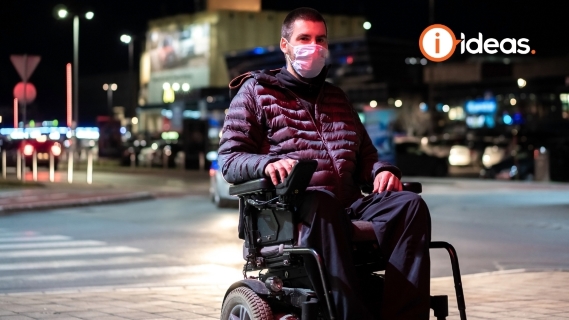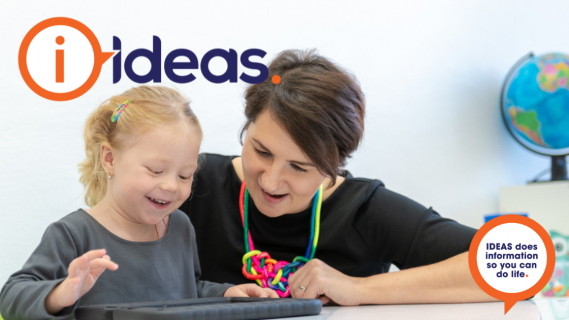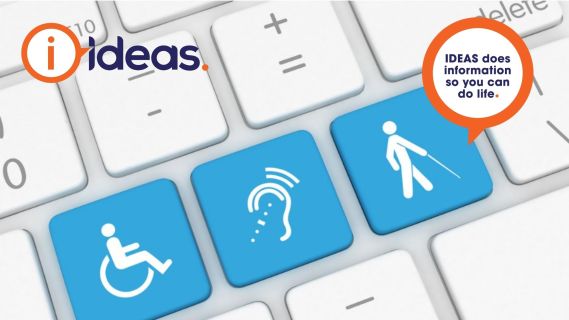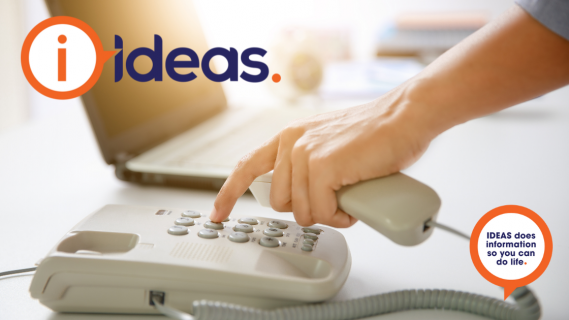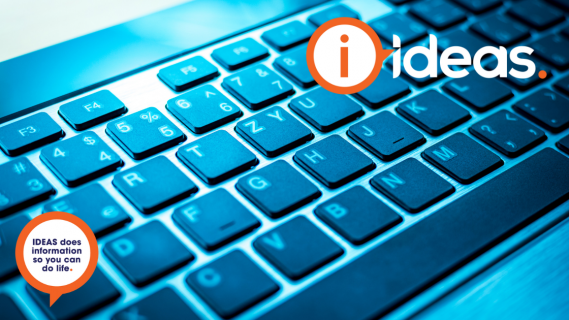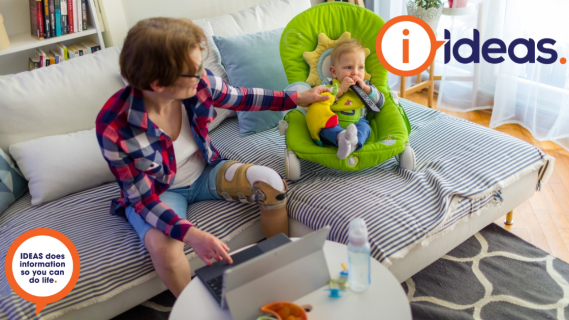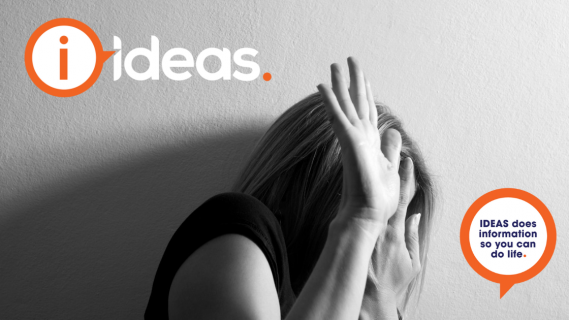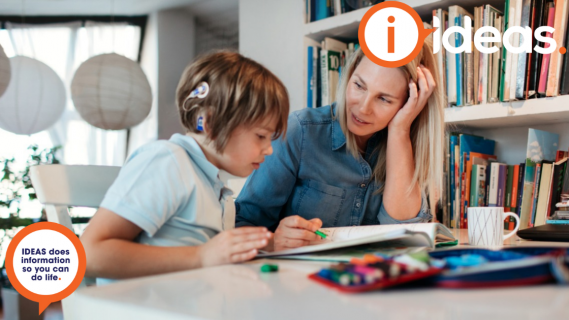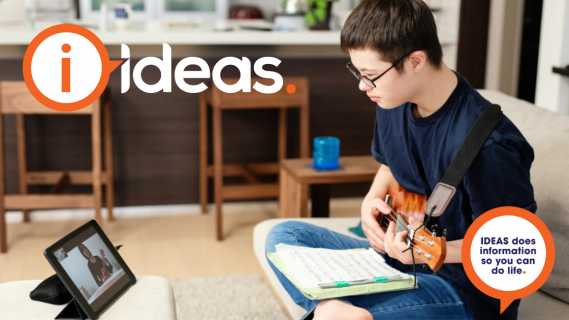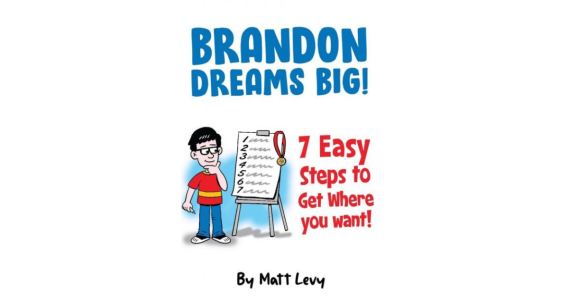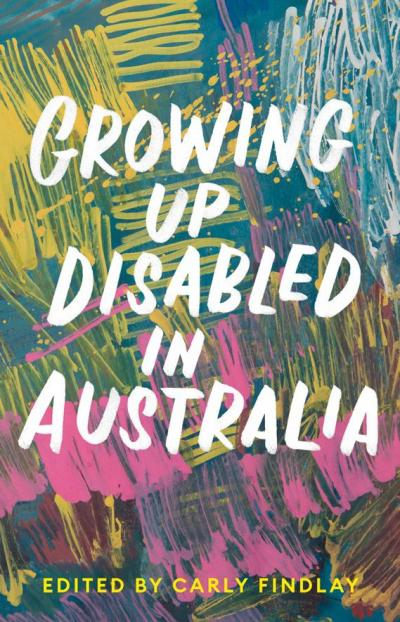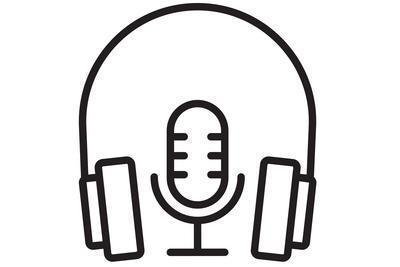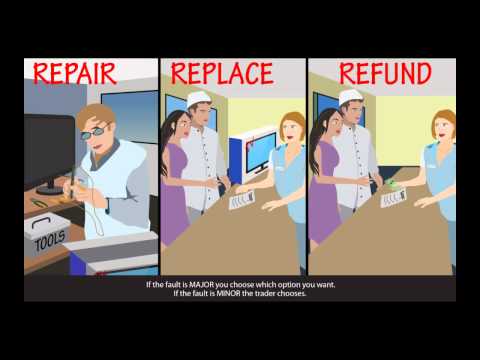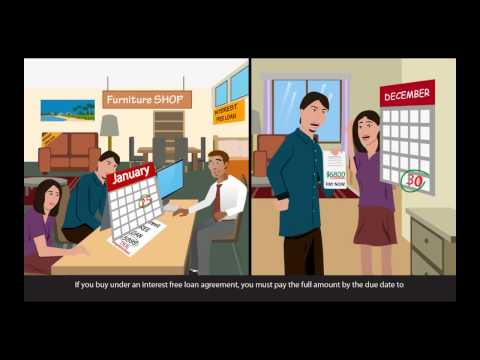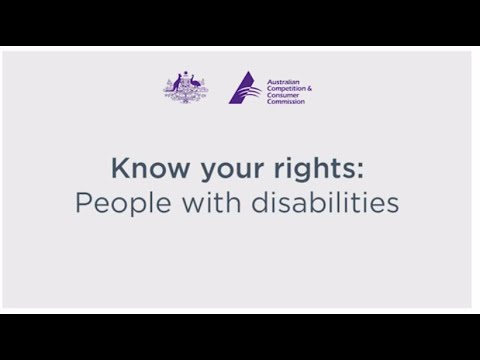With the use of phones and the internet on the rise, scammers are finding new and novel ways to trick and exploit people. Whether it's your money or your identity, scammers are out to steal things personal to you. So how do you recognise one and how can you protect yourself from fraud and identity theft?
Spotting a phishing scam
Phishing scams are attempts by scammers to trick you into giving out personal information such as your bank account numbers, passwords and credit card numbers. "Phishing" means that the scammer is fishing for your information by tricking you into giving away your security information. Their methods can be through any form of digital or telecommunication, so over the phone, via SMS or Text message, email or even online through websites.
With more use of our phones and the internet comes more chance of being scammed. It also means more access to helpful information. Nowadays there are many sites that can give you information on current scams and what areas or people they are targetting. How can you spot a scam by yourself though? Here are some signs that the phone call, text or email you just received may be a scam:
- The message you've received is unexpected
- There is a sense of urgency around the message
- The promise of money, if you comply
- On the other hand, they may threaten you with fines, debts or jail if you do not.
Popular pieces of information that scammers may ask for include your name, address, date or birth, bank details or identity details. If they get hold of this information they may commit fraud, access your accounts, use your finances or even scam your friends and family with your information.
Staying Safe
Do your research
Take some time to do your own research if you are unsure about the business that has contacted you. Has the "ATO" emailed you requesting you pay a debt, google their policies on debt repayments and see how they go about contacting people. If a message comes from a friend or family member and it is out of character, contact them directly using another contact method just to double-check.
Never give out your personal or financial information to cold callers
No matter who calls you, or why they are claiming to call, do not provide your personal identifying information (name, date of birth, address etc.) or your bank or credit card details to anyone who calls you and asks for it. Even if they say they are from a legitimate business or organisation that you have had dealings with in the past, they may actually be a phishing scammer calling you to get your information.
Instead, if they do ask you to verify or provide any information, take their information, hang up and call the organisation back directly. Do not call using the number they provide, but look up the number in the phone book or online to verify it is actually the organisation or business in question that you are actually talking to. Then, and only then, should you provide this information if the organisation is legitimately requesting it. However, most banks and government bodies like the ATO have a policy that they will never contact you directly by phone, text message or email and ask you for your personal or financial information.
Do not open links or suspicious texts
If you sense that something isn't right always make sure you verify the source. Give the business a call or do an online search to check their correct contact details. Never click on links or use the contact details within the suspicious message.
Keep your devices secure
Always make sure your password is strong and protected. Do not share your password with anyone, and protect your wifi with a strong, unique password. You should be changing your password for each account. Make sure your devices are not easily accessible to anyone else.
Don't send money to those you don't know
Never reveal your credit card details to anyone you do not know. This includes important documents too such as identifying documents (birth certificates, driver's licence, Medicare card etc). You should always keep track of your payments and payment requests.
More Information:
- Current Scams
- Phishing Scams
- Subscribe to scam alert emails from Scamwatch
- Australian Cyber Security Centre
- eSafety Commissioner
IDEAS does information so you can do life.



